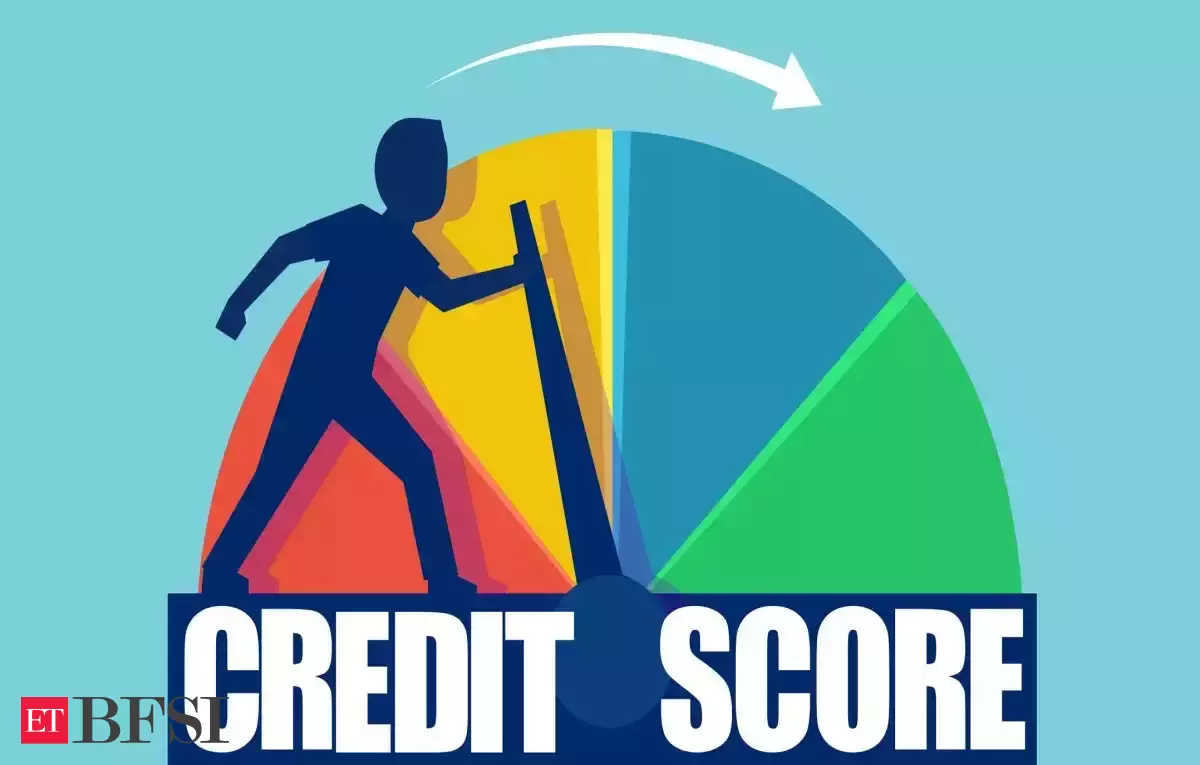Understanding Credit Scores in BFSI
In the world of Banking, Financial Services, and Insurance (BFSI), a credit score plays a crucial role in determining an individual’s financial credibility. Whether you are applying for a loan, credit card, or any financial product, your credit score is a key factor that lenders evaluate before making a decision.
What is a Credit Score?
A credit score is a numerical representation of an individual’s creditworthiness, typically ranging from 300 to 900. It is calculated based on the individual’s credit history, repayment behavior, outstanding debts, and other financial activities. A higher credit score indicates better financial discipline and increases the chances of loan approvals at favorable interest rates.
Why is a Credit Score Important in BFSI?
For institutions in the BFSI sector, assessing risk is a fundamental aspect of their business. A credit score helps banks, NBFCs (Non-Banking Financial Companies), and insurance providers evaluate the likelihood of a borrower defaulting on a loan. Here’s why it is essential:
- Loan Approval & Interest Rates – A higher credit score increases the chances of loan approval and allows borrowers to avail loans at lower interest rates.
- Credit Card Eligibility – Financial institutions consider the credit score before approving credit cards and setting spending limits.
- Insurance Premiums – Some insurers check credit scores to determine the premium amount for certain policies.
- Employment Background Checks – Some employers, especially in the financial sector, review credit scores as part of background verification.
Factors Affecting Credit Scores
Several factors impact an individual’s credit score, including:
- Payment History (35%) – Timely repayment of loans and credit card bills boosts your credit score.
- Credit Utilization (30%) – Using a high percentage of your available credit limit can negatively impact your score.
- Length of Credit History (15%) – A longer credit history with responsible usage improves the score.
- Credit Mix (10%) – A good mix of secured (home loans, car loans) and unsecured loans (credit cards, personal loans) positively impacts the score.
- New Credit Inquiries (10%) – Multiple loan applications and hard inquiries can lower the credit score.
How to Improve Your Credit Score
If your credit score is low, here are some effective ways to improve it:
- Pay Bills on Time – Avoid late payments of EMIs, credit card bills, and utility bills.
- Reduce Credit Utilization – Keep credit utilization below 30% of the available limit.
- Avoid Multiple Loan Applications – Frequent loan applications can negatively impact your score.
- Monitor Your Credit Report – Regularly check your credit report for errors and rectify them.
- Maintain a Healthy Credit Mix – A mix of secured and unsecured loans helps build a strong credit profile.
How to Check Your Credit Score?
In India, credit scores are provided by credit bureaus such as:
- CIBIL (Credit Information Bureau India Limited)
- Experian
- Equifax
- CRIF High Mark
You can check your credit score online by visiting the official websites of these bureaus. Many banks and financial institutions also offer free credit score checks.
Conclusion
Understanding and maintaining a good credit score is crucial for financial well-being in the BFSI sector. A high credit score not only helps secure loans at competitive rates but also ensures better financial opportunities. By practicing responsible credit behavior, you can enhance your credit score and build a strong financial future.
Stay financially aware and take control of your credit health today!






Leave A Comment